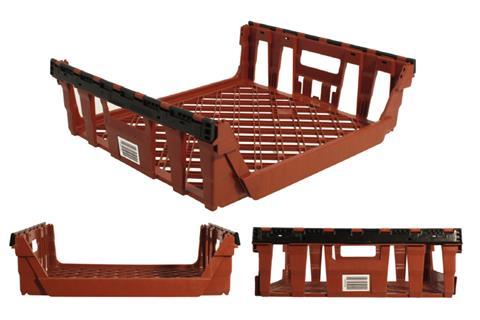
Bakers Basco has reported an improvement in the repair rate of its damaged bakery baskets, with two thirds (66%) now being returned to its pool.
The remaining third of damaged baskets are recycled for the production of new baskets, which comprise around 30% of recycled material. This helps ensure no damaged baskets are sent to landfill, the firm said.
A three-year contract was signed with plastic injection moulding firm Counterplas in May to produce more than 500,000 bread baskets for Bakers Basco annually.
Bakers Basco is a membership scheme set up in 2006 as a joint venture by Allied Bakeries, Fine Lady Bakeries, Frank Roberts & Sons, Hovis, and Warburtons to provide and manage bakery equipment.
It noted that the use of repaired baskets across all operations has increased by 7.3% between the 2021/22 and 2022/23 financial years, supporting its efforts towards building its own a circular economy.
Bakers Basco said it has also been boosting efficiencies in what it does in the field by raising its internal targets to tackle and reduce abuse of its baskets. Earlier this month, the membership scheme announced it had increased its use of GPS trackers by 50% to ensure its equipment was coming back into the supply chain, which in turn reduces the quantity of equipment it procures.
Comparing statistics from the previous two financial years, Bakers Basco reported a 210% increase in notices to desist and a 262% increase in the number of collection notices issued across the UK. It also reported in March that attrition rates for baskets has fallen 0.8% year-on-year by the end of February 2023.
Bakers Basco said it was working in conjunction with the Association of Festival Organisers and Environmental Health teams to continue improving efficiency over the coming months and years.

“There’s huge environmental value to a bread basket when used and recovered correctly,” said Bakers Basco general manager Paul Empson. “We will continue to push this message throughout the industry, working with key partners and associations, to ensure that equipment is being returned safely so that it can feed into our own circular economy, showing that the bakery industry can play a part in reducing its environmental impact.”
The life of an Omega basket is stated as a minimum of eight years, during which time it will make an average 499 deliveries. Bakers Basco currently manages an equipment pool of approximately five million Omega Baskets and 500,000 dollies.
Moving forward, it said that 17.7% of the 1,000 tonnes per year of recycled material used to produce these baskets will be from its own circular economy. It will also look to switch the plastic bale arms from black to the same tan colour as the rest of the basket, which can then also be recycled.
“It is important to recognise, the Omega is made with durability and longevity,” Empson added. “The process one basket goes through in its lifetime through the supply chains, washing, un-loading and freezing etc. is in itself remarkable when you consider our rate of attrition. But year-on-year, we are reducing attrition and, as such, reducing the quantity of baskets that we procure.”




















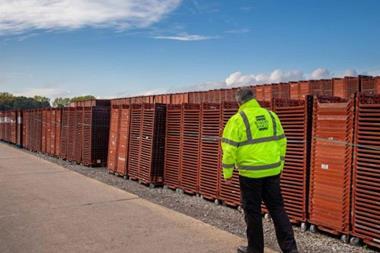
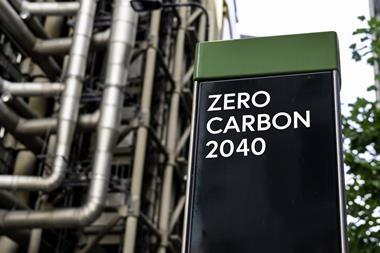
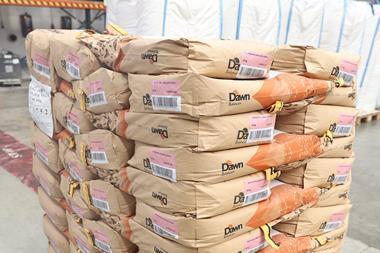
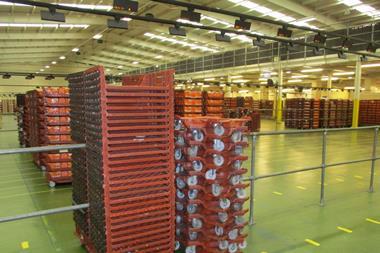
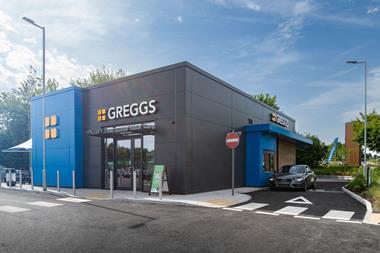
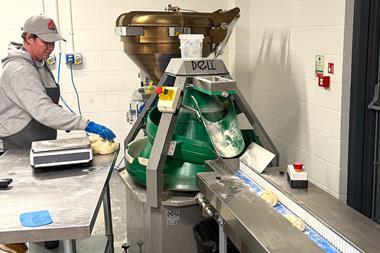
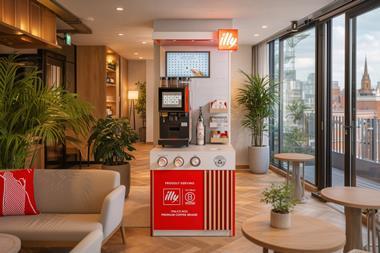
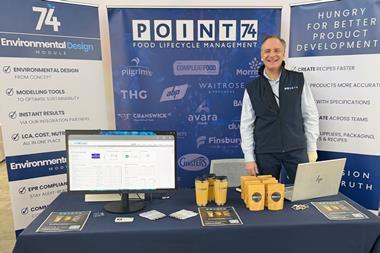
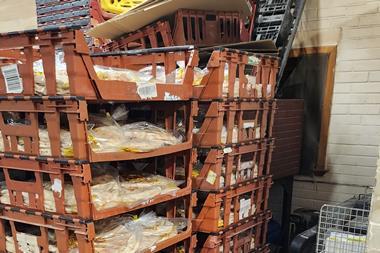
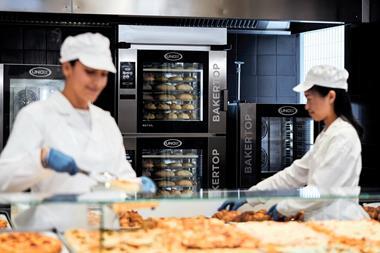
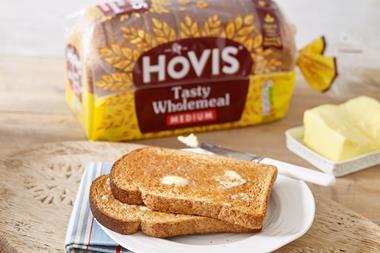

No comments yet